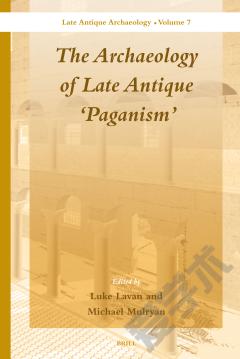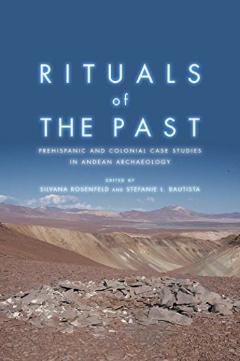The Lives of Sumerian Sculpture: An Archaeology of the Early Dynastic Temple
This book examines the sculptures created during the Early Dynastic period (2900–2350 BC) of Sumer, a region corresponding to present-day southern Iraq. Featured almost exclusively in temple complexes, some 550 Early Dynastic stone statues of human figures carved in an abstract style have survived. Chronicling the intellectual history of ancient Near Eastern art history and archaeology at the intersection of sculpture and aesthetics, this book argues that the early modern reception of Sumer still influences ideas about these sculptures. Engaging also with the archaeology of the Early Dynastic temple, the book ultimately considers what a stone statue of a human figure has signified, both in modern times and in antiquity.
{{comment.content}}








 京公网安备 11010802027623号
京公网安备 11010802027623号